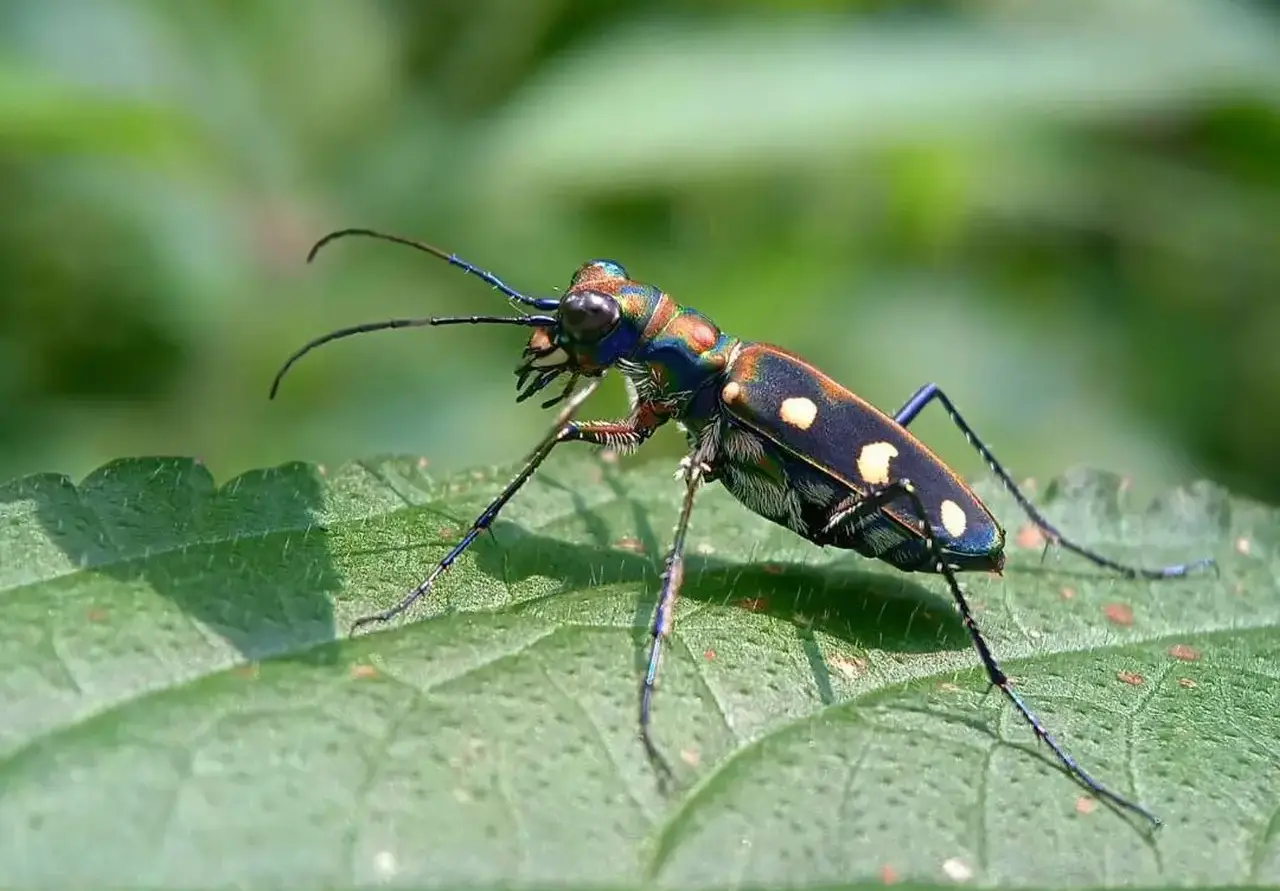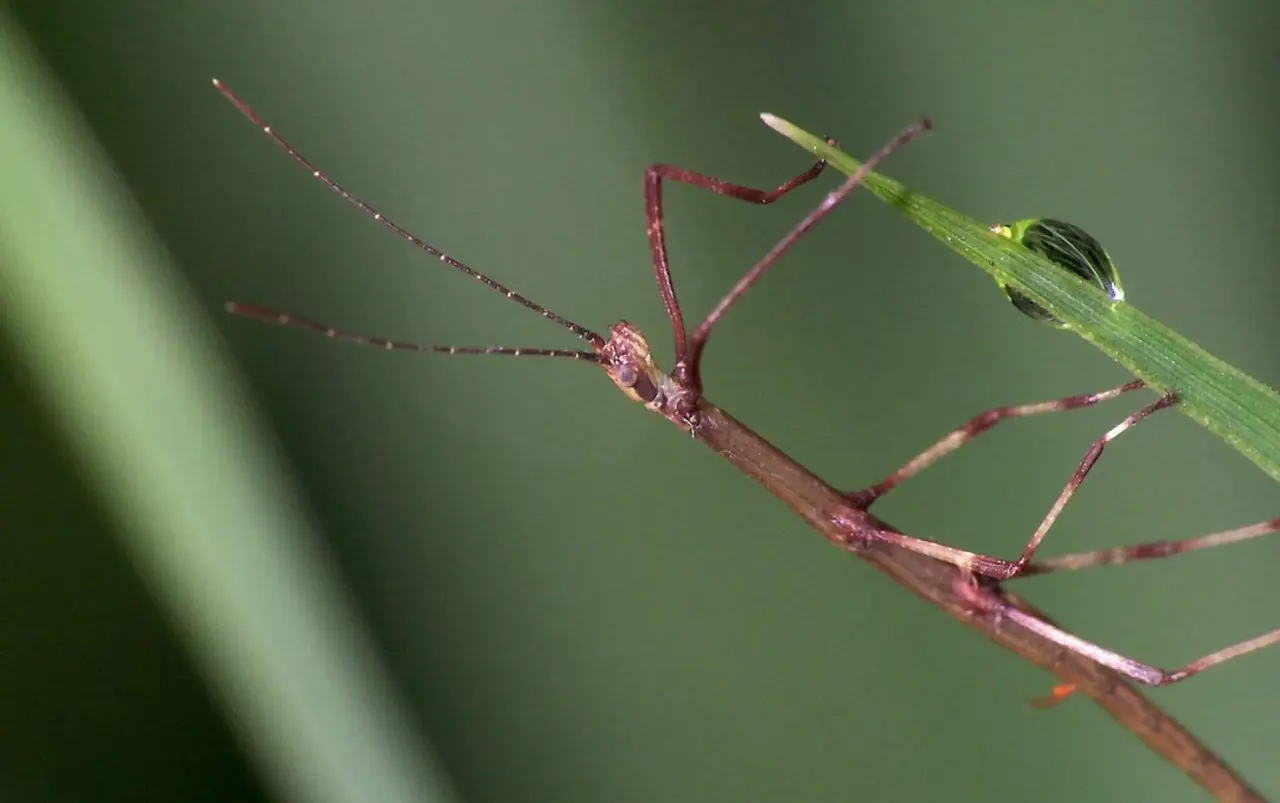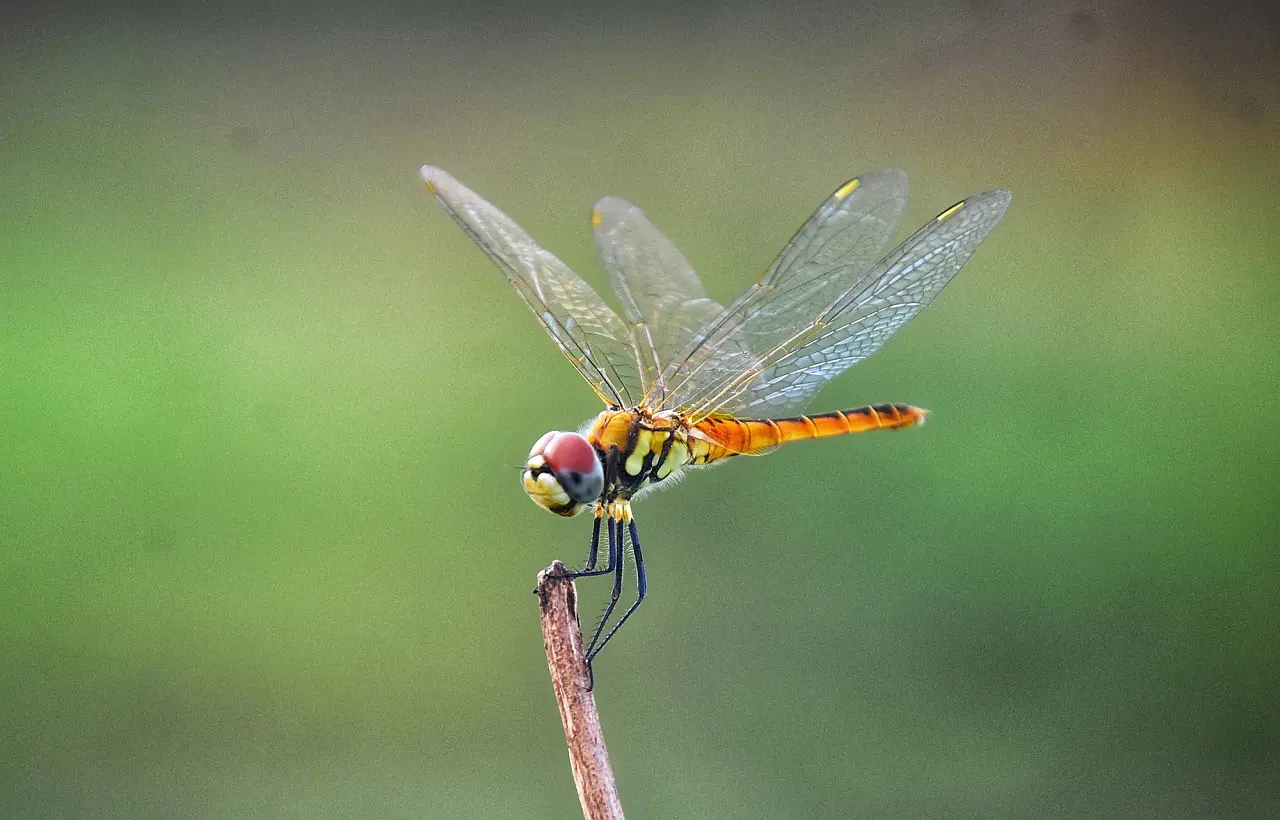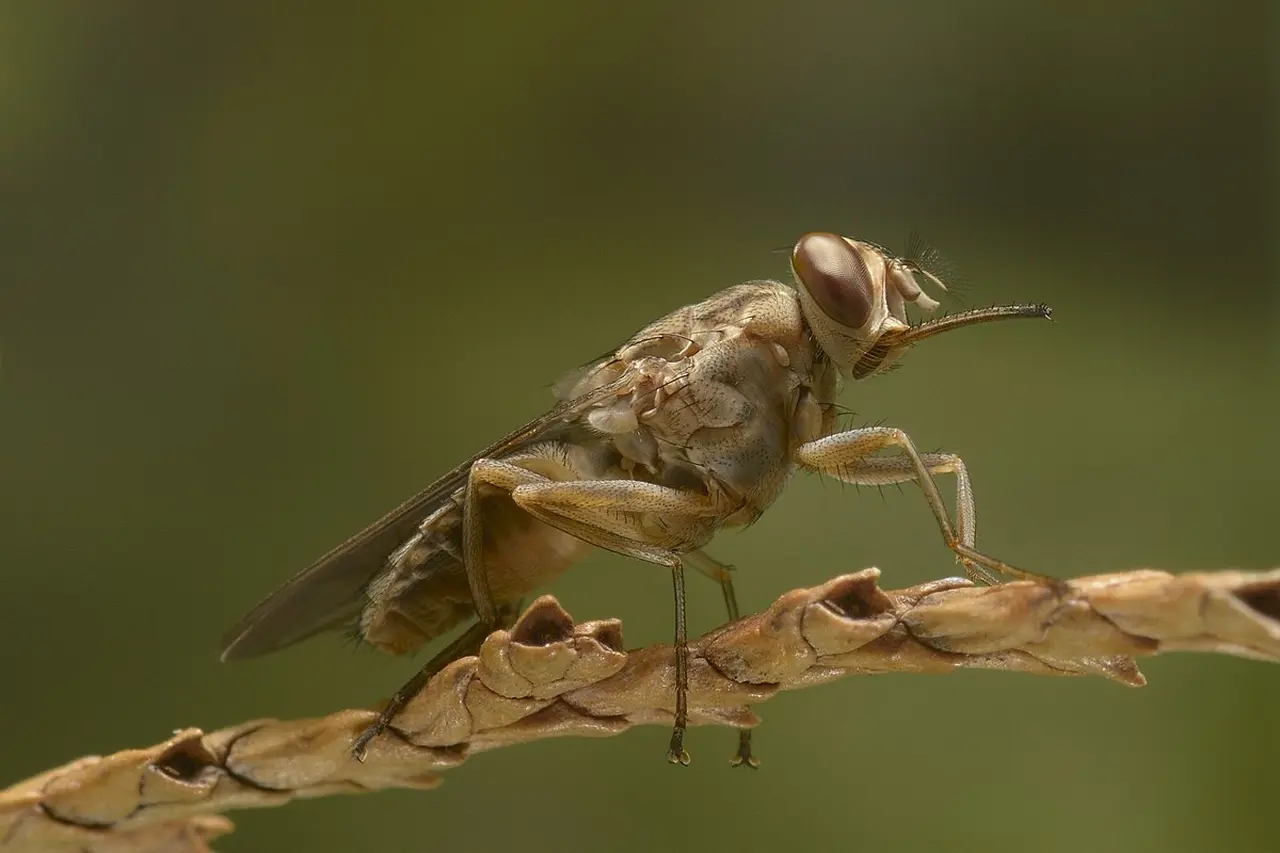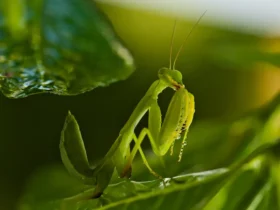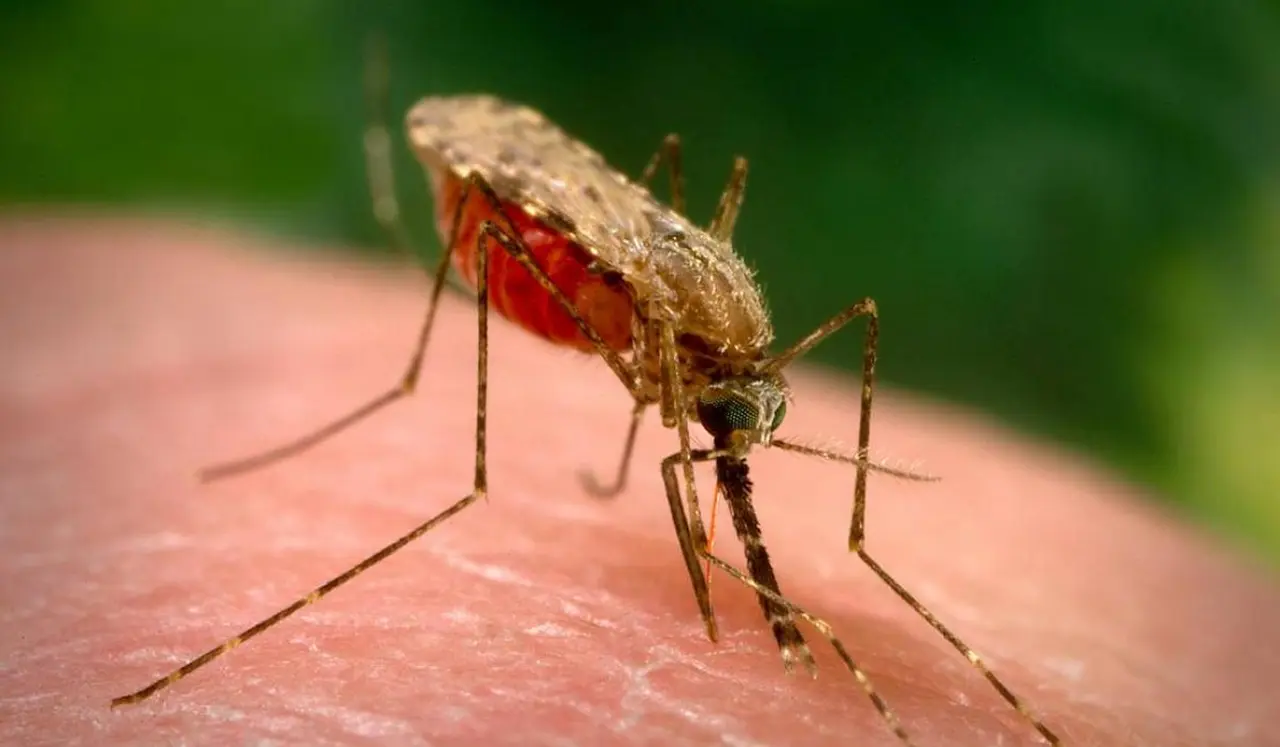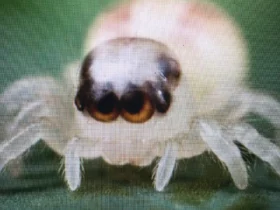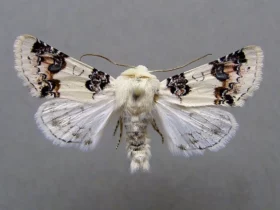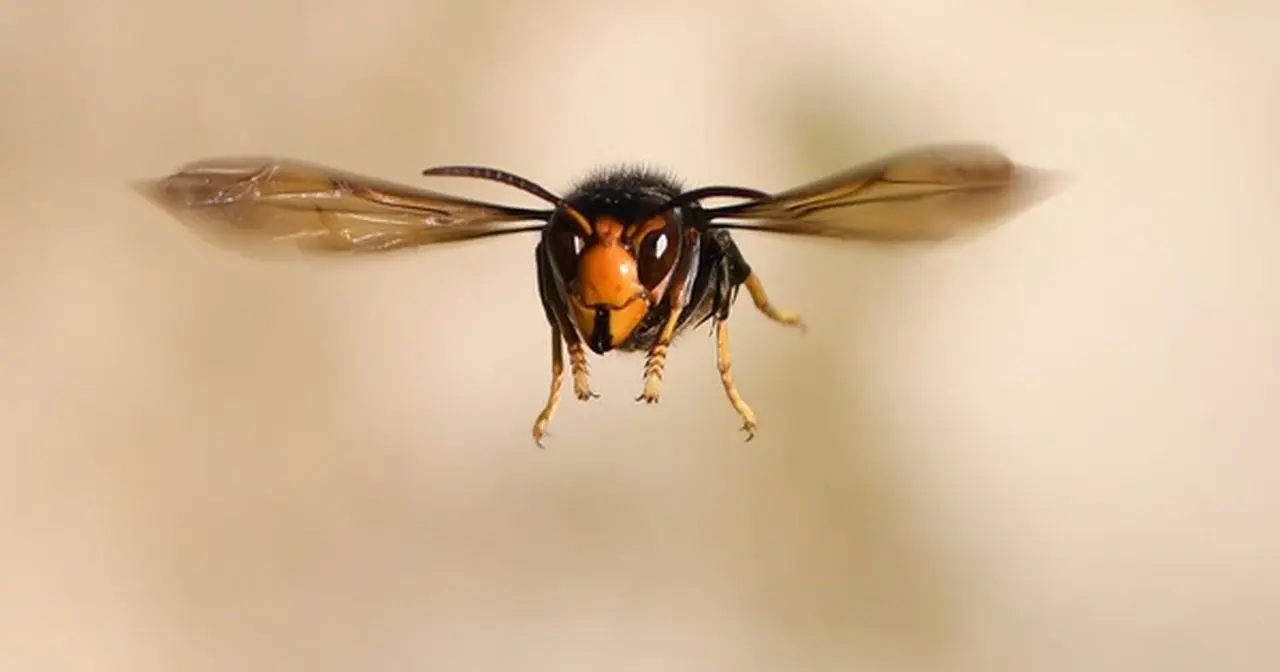I’m sure many of you are curious about how the process of mosquitoes laying eggs occurs, right? Compared to other insects, the habit of laying eggs of mosquitoes is very unique. Let’s explore in the following article!
I’m sure many of you wonder how the process of laying eggs of mosquitoes takes place, right? Compared to other insects, the habit of laying eggs of mosquitoes is very special. Let’s explore in the following article!
Ideal environment for mosquito egg laying
Mosquitoes typically thrive and lay eggs in wetland environments, around areas with many ponds or stagnant pools of water, and damp soil. They will directly lay their eggs on the water surface. Mosquito eggs do not sink but instead float on the water surface. After a period of development into mosquito larvae, they gradually sink, grow into pupae, molt, and then evolve into mosquitoes.
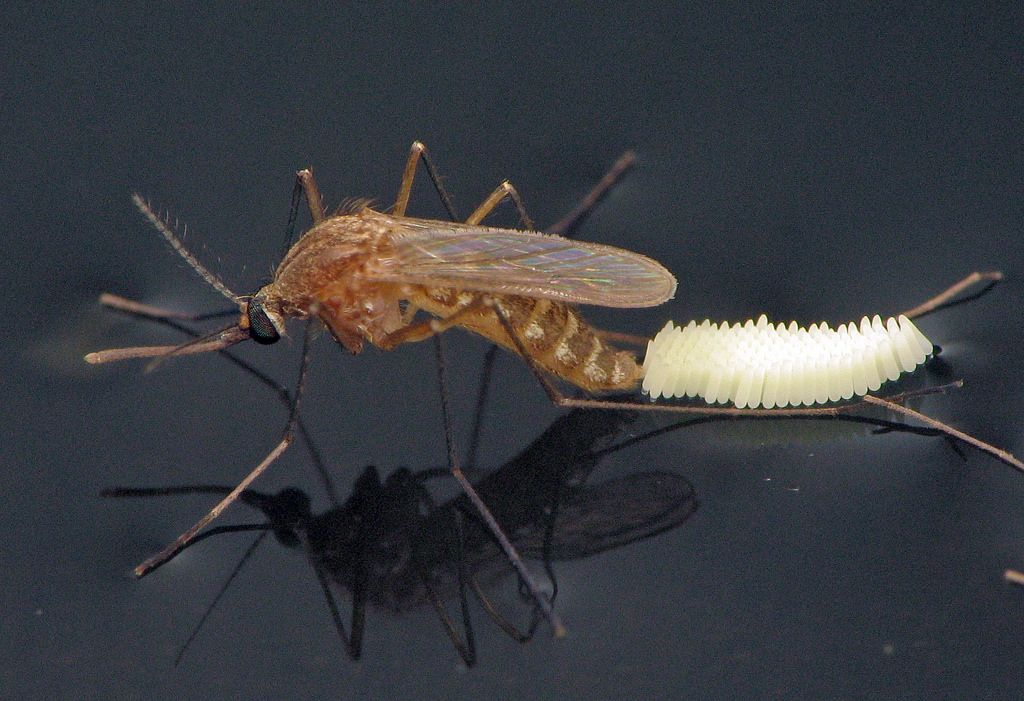
The suitable condition for mosquitoes to thrive is around 20-25 degrees Celsius.Tropical climates like in Vietnam are the ideal breeding grounds for mosquitoes. The lifespan of this bloodsucking insect species depends entirely on the temperature, with the longest being one month.
Characteristic egg-laying habit.
The egg-laying habits of mosquitoes are very different from other insects. For example, female Anopheles mosquitoes lay eggs by flying low over the surface of the water and bobbing up and down. Each bobbing action results in the laying of many or few eggs. The eggs are separated individually rather than being grouped together, and they are cylindrical in shape with a pointed end.
See more: Frequently asked questions about mosquitoes
Mosquito eggs are born with floaters that help them float on the surface of the water. With just one female mosquito, they can produce 100-200 eggs in their short lifespan. The mortality rate of eggs before they develop into adult mosquitoes is not high. It is estimated that if one pair of mosquitoes successfully reproduces, their offspring can reach thousands.
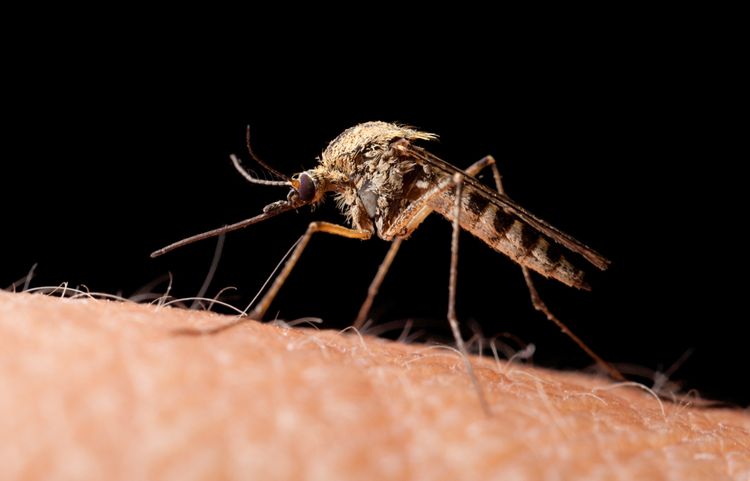
On the other hand, the Aedes mosquito species does not have the habit of laying eggs directly in water. Instead, they lay their eggs on mud or areas near the water’s edge. Aedes mosquito eggs are found in corners of walls, under tree roots, discarded tires, and so on, until the area becomes flooded, and then the eggs will automatically progress to other stages. Of course, they can tolerate dry conditions, and drought does not affect the quality of the eggs.
Yes, it is evident that the mosquito’s ability to reproduce eggs is truly remarkable. Due to its ease of reproduction and proliferation, the population of mosquitoes is currently very large, becoming a threat to humans. When encountering this insect, one should try to eliminate them by any means possible.
See more: Warning about the harmful effects of tiger mosquitoes
